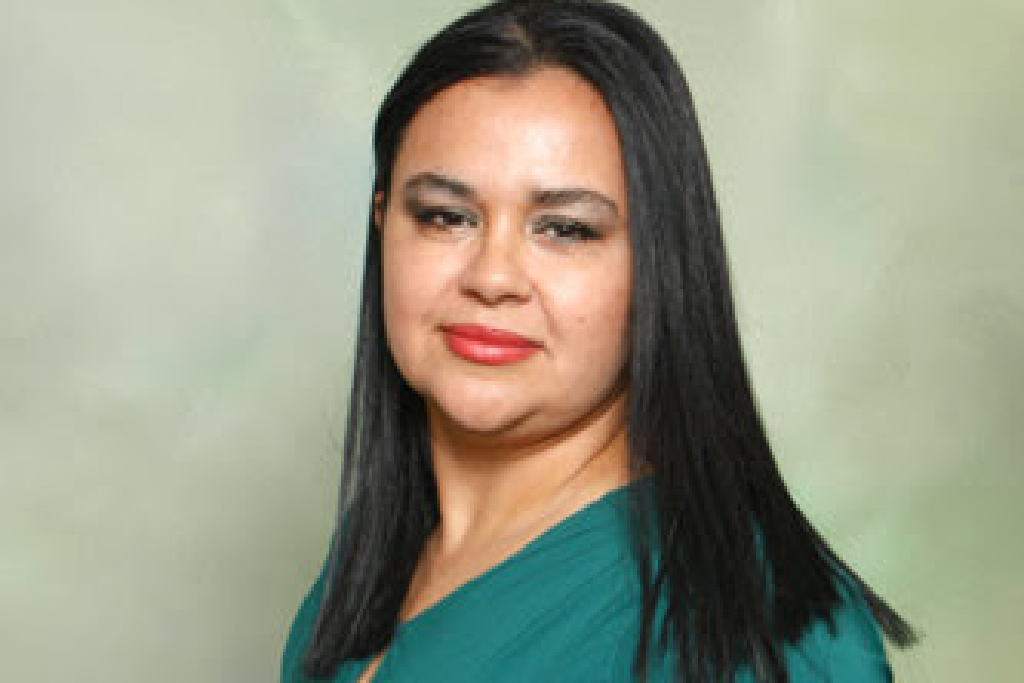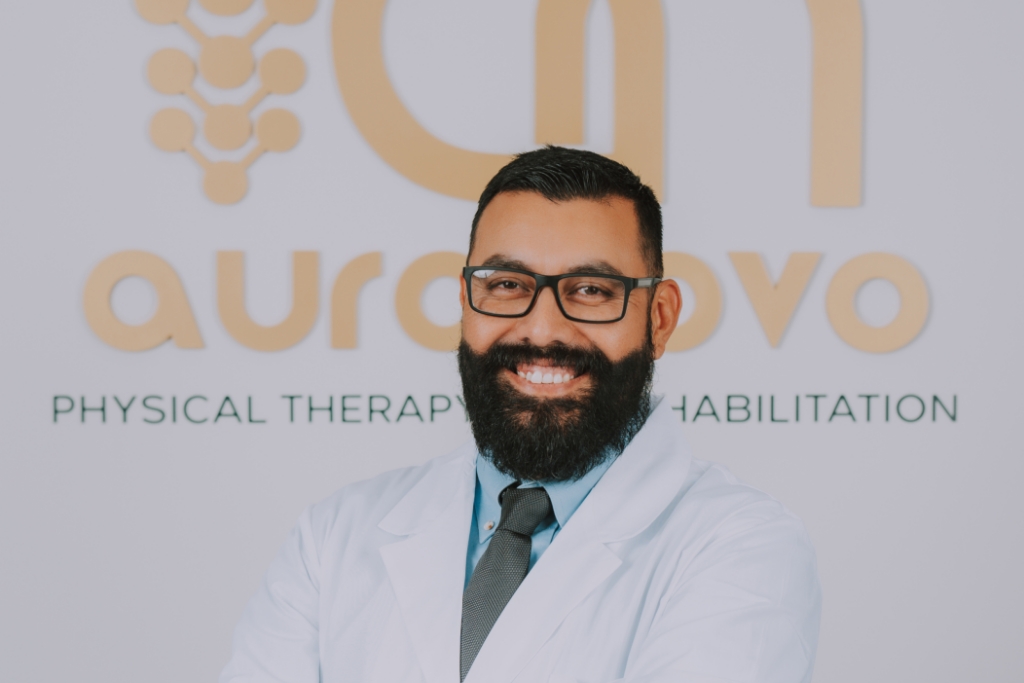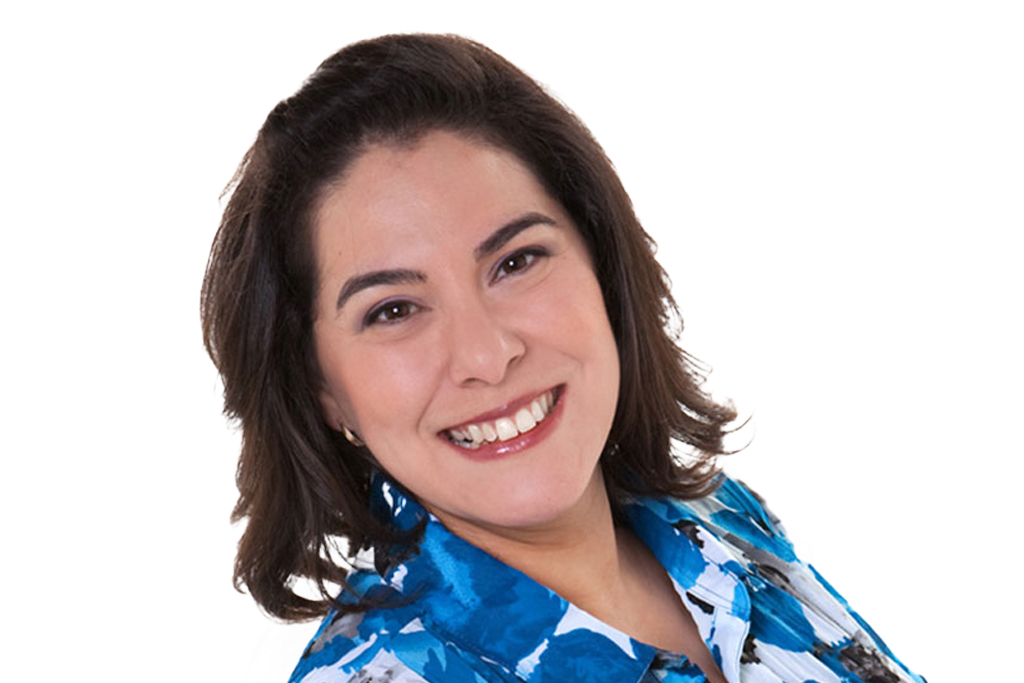Acupuncture for Treating Insomnia
Acupuncture, an age-old complementary therapy practice, involves skin penetration with metallic needles at specific points in your body. Research has shown that acupuncture is beneficial for lessening anxiety and promoting relaxation in the body. But do you know that acupuncture has sleep-inducing properties as well?
Well, everyone has insomnia from time to time! When we try to get some sleep, we end up tossing and turning for several hours. Science demonstrates that between 33% and 50% of adults in the US may experience symptoms of sleep deprivation.
We become more irritated, feel exhausted, have memory issues, and suffer in work, school, or in relationships as a result of the symptoms of sleep deprivation and insomnia. Acupuncture can help if you’re having trouble sleeping.
How does Acupuncture Help Improve Sleep Quality?
The hormone melatonin, which regulates our sleep and waking cycles, is produced by our bodies with the use of acupuncture treatment. This alone enhances sleep quality.
The sympathetic nervous system, which triggers our body’s fight-or-flight instincts, is also controlled by acupuncture. Controlling this encourages relaxation and enhances the quality of sleep.
Acupuncture therapy also emphasizes maintaining our general health and controlling our bodies’ physiological functions. By bringing our serotonin levels back into balance, acupuncture can help in promoting sleep. The therapy aids in mood stabilization, anxiety or stress reduction, and the development of sound sleep habits.
The Science behind Acupuncture
Better sleep quality results in better overall health. As per science, sleep is a vital bodily process that supports brain function, permits cellular repair, and is associated with positive mental health.
Acupuncture is viewed from a biological perspective as a neuromodulator, implying that it reduces the brain’s perception of sensory information, including pain.
How many Sessions of Acupuncture are Needed for Managing Insomnia?
The majority of patients begin to notice a difference in their sleep as soon as their first acupuncture session. However, long-term sleep benefits start to materialize after three to four sessions.
How frequently treatment is required can be determined by the severity of sleep problems. Depending on your specific sleep goals, appointments may be scheduled weekly, biweekly, or even once per month.
Patients who receive acupuncture report feeling more focused, creative, and less stressed because of the deep sense of calmness it induces in the body. In order to determine the number of treatment sessions that is best for you and your body, it is recommended that you work with an acupuncturist of Millwoods Physical Therapy Centre.
Are there Any Related Treatments for Insomnia?
The following are some of the alternative methods to apply pressure to acupuncture points and improve sleep quality.
- Ear Seeds: These are small metallic ‘seeds’ that stick to the ear and stimulate specific points on the body.
- Acupressure: It involves applying pressure to the acupuncture points along the meridian pathways.
- Cupping Therapy: Suction is created by placing cups on the skin.
- Reflexology: This is a kind of massage that requires application of varied amounts of pressure to the hands, feet, and ears.





